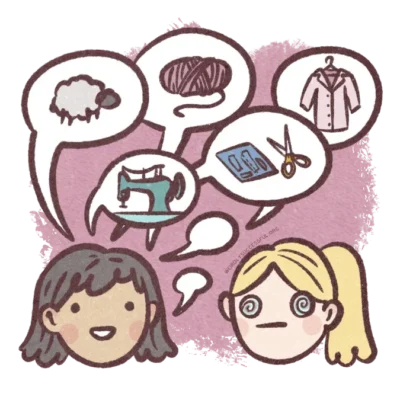justice sensitivity
Justice sensitivity is the heightened awareness of rule violations and inconsistencies, paired with an intense emotional and physiological response. For many neurodivergent people, fairness and consistency function as essential navigational tools when you can't reliably read social cues or predict what will happen next. When rules are applied inconsistently or stated expectations don't match actual consequences, your nervous system registers this as a genuine threat to your ability to navigate the world safely. The intensity of your reaction reflects the pattern violation itself, regardless of the moral weight of the situation. Justice sensitivity is morally neutral—it tells you when a rule has been violated, but not whether the rule was good or fair in the first place.





